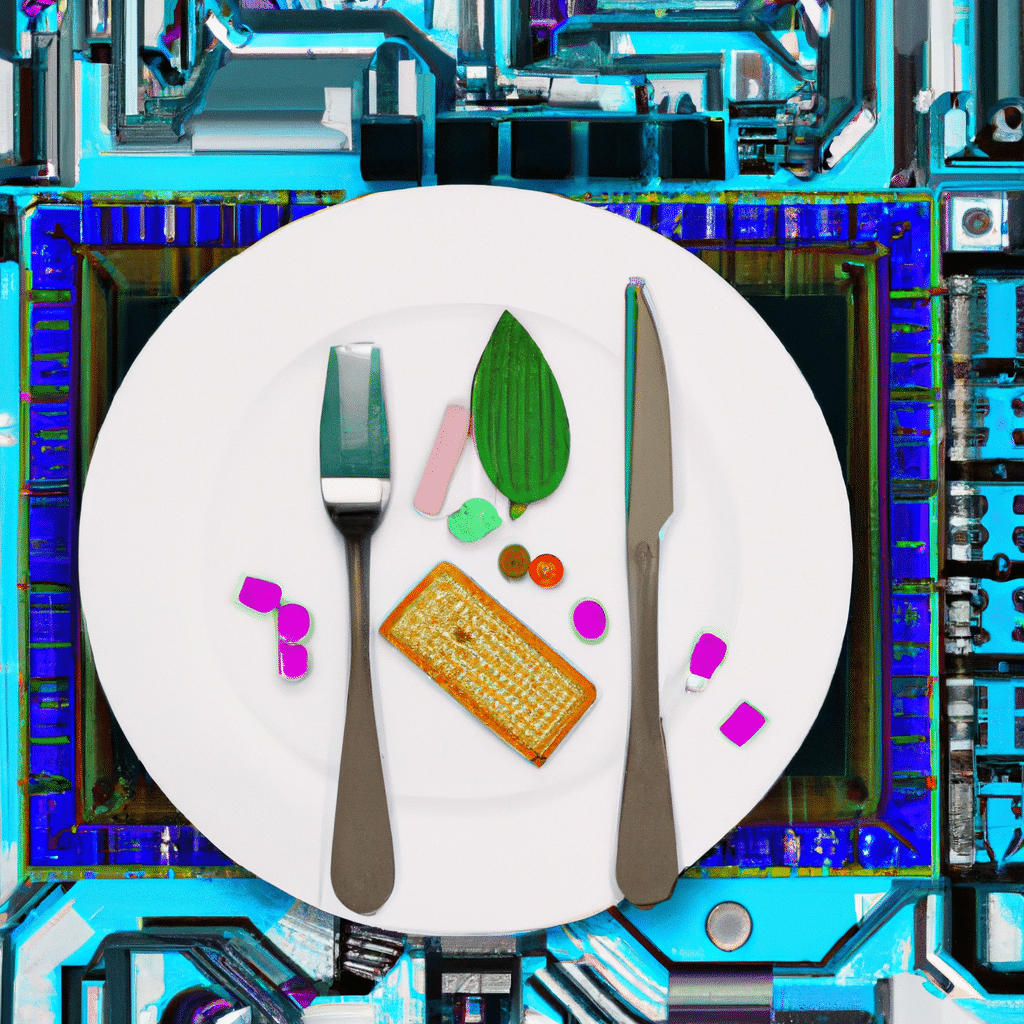The Impact of Computer Science on the Food Industry
The food industry has been around for centuries, and it is constantly evolving. With the rise of technological advancements, particularly in the field of computer science, the food industry has seen significant improvements in terms of efficiency, quality, and safety. From the use of robotics in food production to the development of sophisticated software for distribution and sales, computer science has made a significant impact on the food industry. In this article, we will explore the different ways in which computer science has impacted the food industry and how it has revolutionized the way we produce, distribute, and consume food.

Automation in Food Production
One of the biggest impacts of computer science on the food industry is automation. Automation has revolutionized the way food is produced, making it faster, more efficient, and safer. With the use of robotics and other automated systems, food production processes have become more streamlined, reducing the risk of human error and making it easier to maintain high levels of quality and consistency.
For example, in the meat industry, automated systems have made it possible to process meat faster and more efficiently. Meat processing plants now use machines to cut, trim, and debone meat, which has significantly reduced the need for manual labor. This has not only made the process faster but also more hygienic, reducing the risk of contamination and improving food safety.
Food Distribution and Logistics
Another area where computer science has made a significant impact on the food industry is in distribution and logistics. With the development of sophisticated software for inventory management, supply chain optimization, and route planning, food companies can now manage their distribution networks more effectively. This has resulted in reduced transportation costs, improved inventory management, and faster delivery times.
For example, companies like Amazon have developed sophisticated algorithms for route planning and delivery optimization. By analyzing traffic patterns, weather conditions, and other factors, these algorithms can determine the most efficient routes for delivery trucks, reducing transportation costs and improving delivery times.
Quality Control and Food Safety
In addition to automation and logistics, computer science has also made significant advancements in the areas of quality control and food safety. With the rise of big data analytics and machine learning, food companies can now monitor and analyze vast amounts of data in real-time, allowing them to identify potential issues before they become major problems.
For example, companies like Nestle have developed sophisticated software for food safety and quality control. By analyzing data from sensors and other sources, this software can quickly detect potential issues such as contamination or spoilage, allowing companies to take corrective action before the problem becomes widespread.
Sustainable Food Production
Finally, computer science has also played a significant role in promoting sustainable food production. With the development of sophisticated software for resource management and environmental monitoring, food companies can now minimize their impact on the environment while still producing high-quality food.
For example, companies like Monsanto have developed software for precision agriculture. By analyzing data from sensors and other sources, this software can determine the optimal amount of water, fertilizer, and other resources needed for each crop, reducing waste and minimizing the environmental impact of agriculture.
Conclusion
In conclusion, computer science has made a significant impact on the food industry, revolutionizing the way we produce, distribute, and consume food. From automation in food production to logistics and quality control, computer science has made it possible to produce food faster, more efficiently, and more safely than ever before. As the food industry continues to evolve, we can expect to see even more technological advancements in the years to come, further improving the quality and safety of our food supply.












